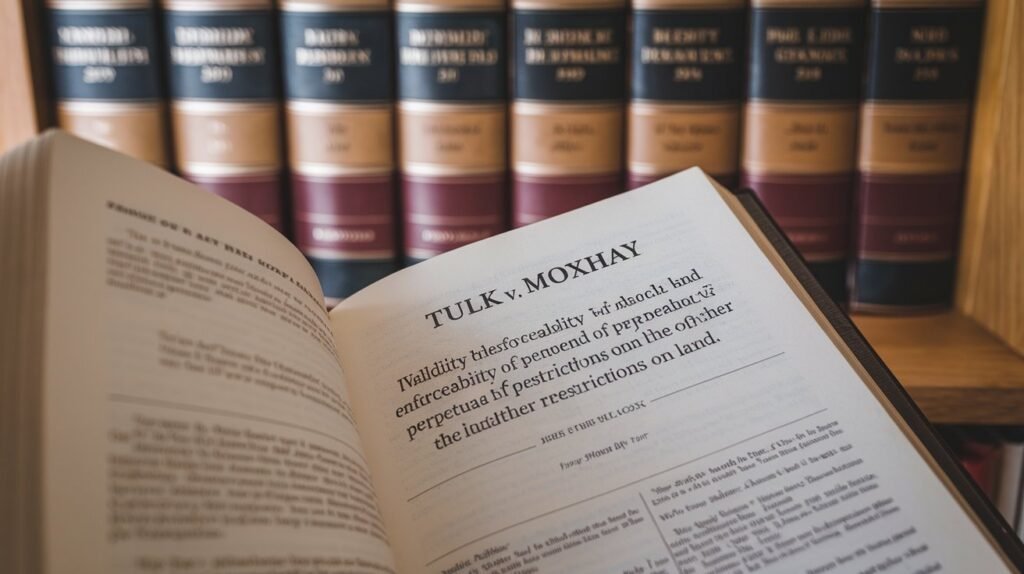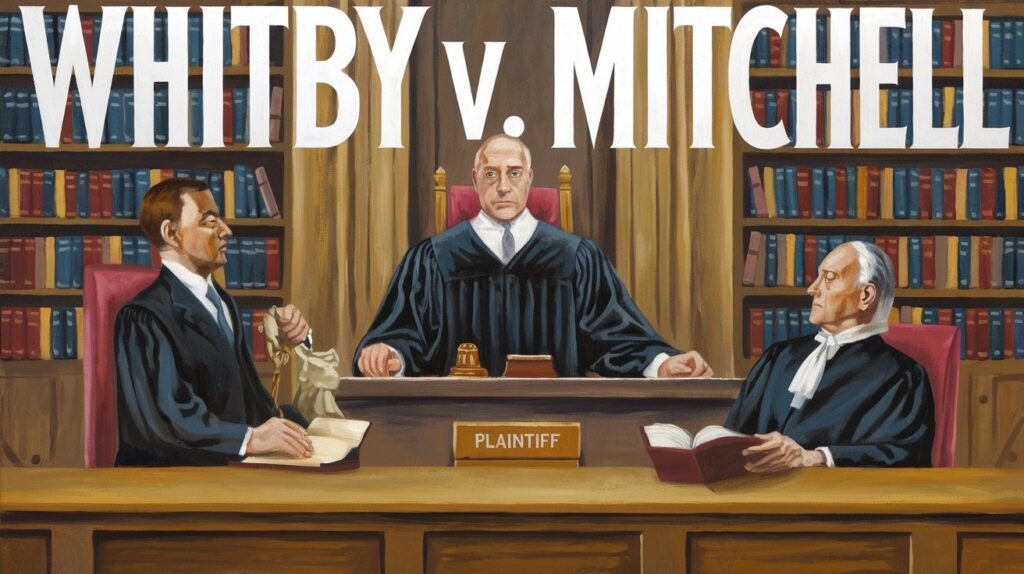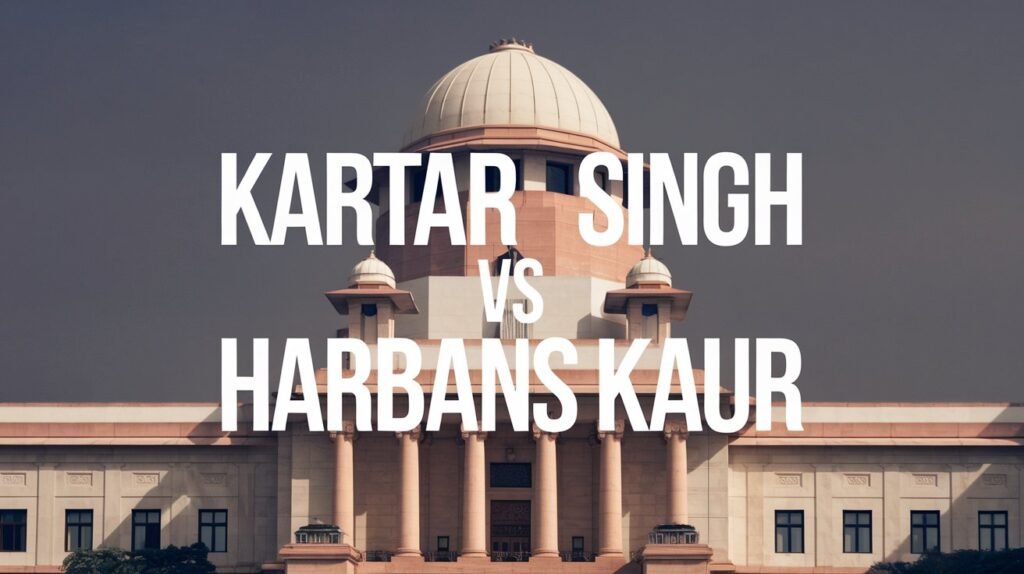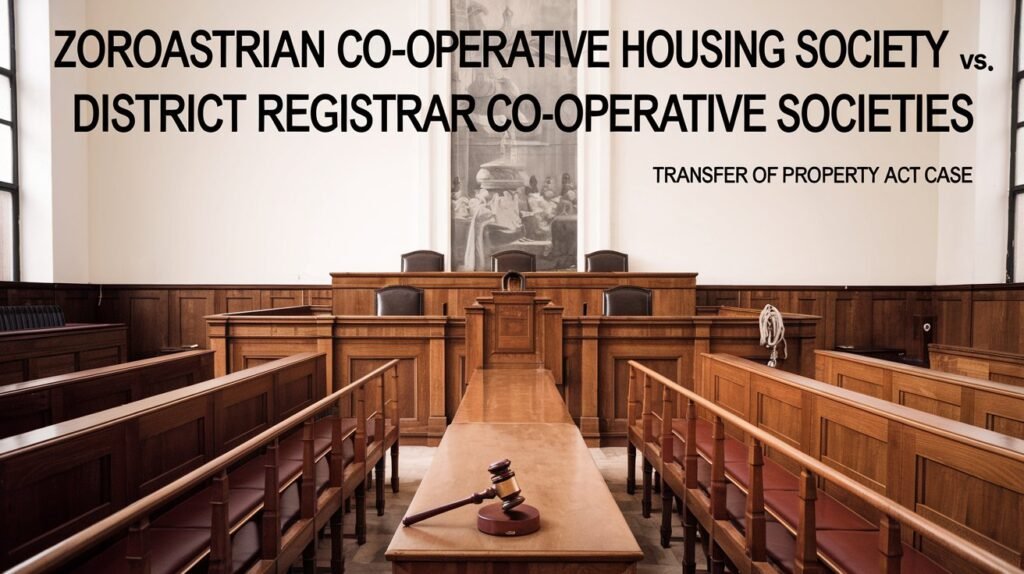Rosher v. Rosher 1884 (Case Summary)
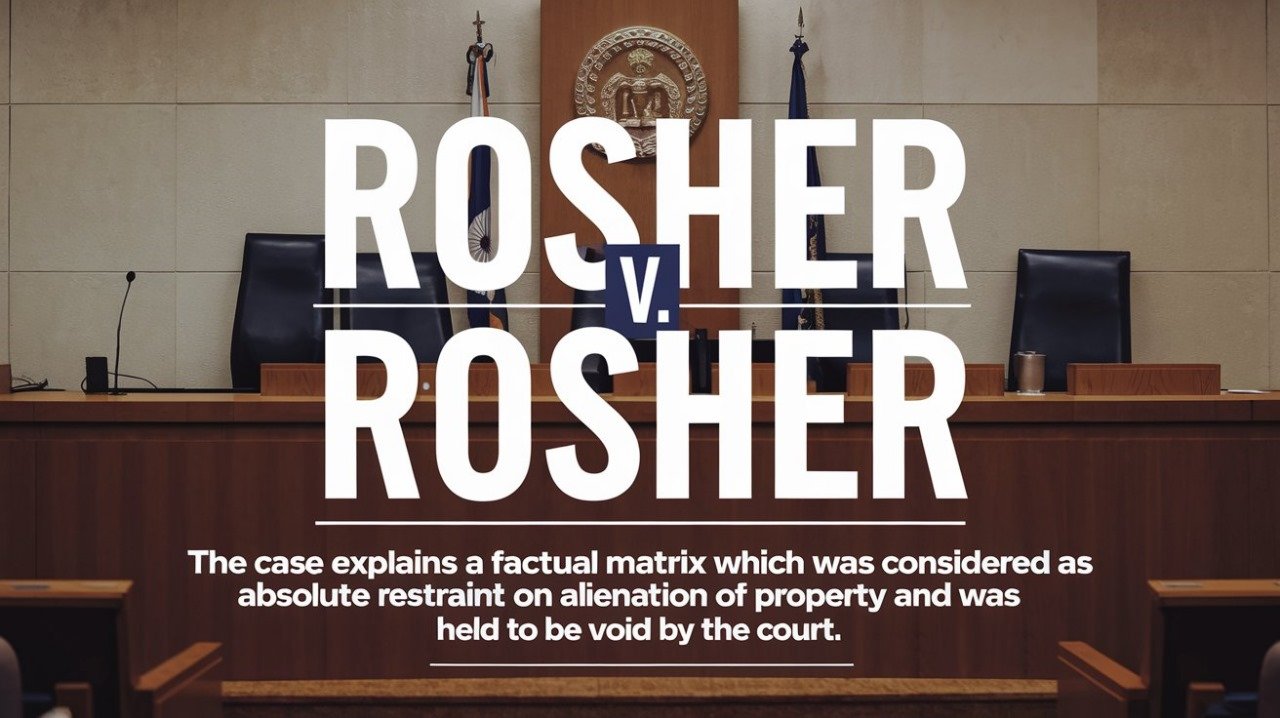
In this landmark case of property law, the principle that an absolute condition on alienation of property is invalid and cannot be applied was applied by the court. The case explains a factual matrix which was considered as absolute restraint on alienation of property and was held to be void by the court.
Table of Contents
ToggleFacts of Rosher v. Rosher 1884
- A person named JB Rosher died and left behind his son and his wife. He made a will and left his entire property to his son.
- The will also included a condition that restrained the son from alienating the property, the condition stated that if the son wanted to sell the property, he must offer it to the widow (his mother) first at a fixed price which was 1/5th of the actual purchase value.
- The will further stated that if the son wanted to rent out the property, he could only do so for three years. After this period, the widow (his mother had the right to live there for three years at a nominal rent.
- The case went to the court and the following issues were framed in front of the court.
Issues framed
- Whether the son can sell or create any mortgage on the property without offering the property to the widow to purchase the property intended to be sold?
- Whether the son was entitled to rent out the property for more than three years without offering the widow?
- Whether the conditions mentioned in the will were null and void?
Judgment of Rosher v. Rosher 1884
The court held that the conditions in the will that the son has to offer the property to the widow at much lower price than the market price is an absolute restraint on alienation. It was further said that any condition absolutely restraining alienation of property is null and Void.
Relevant Legal provision in India
Section 10 of Transfer of Property Act: – Condition restraining alienation.—Where property is transferred subject to a condition or limitation absolutely restraining the transferee or any person claiming under him from parting with or disposing of his interest in the property, the condition or limitation is void, except in the case of a lease where the condition is for the benefit of the lessor or those claiming under him: provided that property may be transferred to or for the benefit of a woman (not being a Hindu, Muhammadan or Buddhist), so that she shall not have power during her marriage to transfer or charge the same or her beneficial interest therein.


